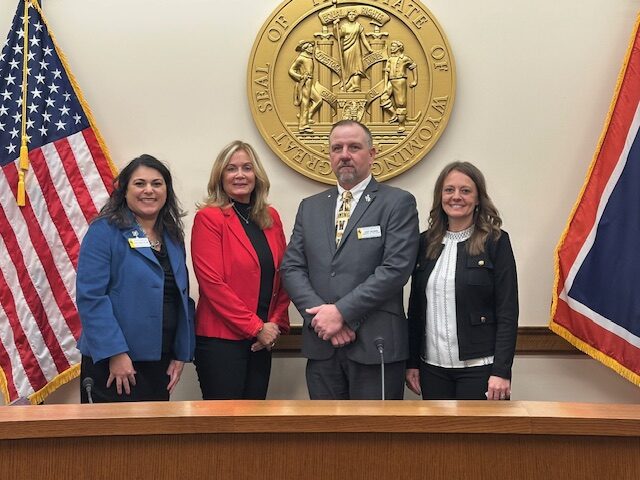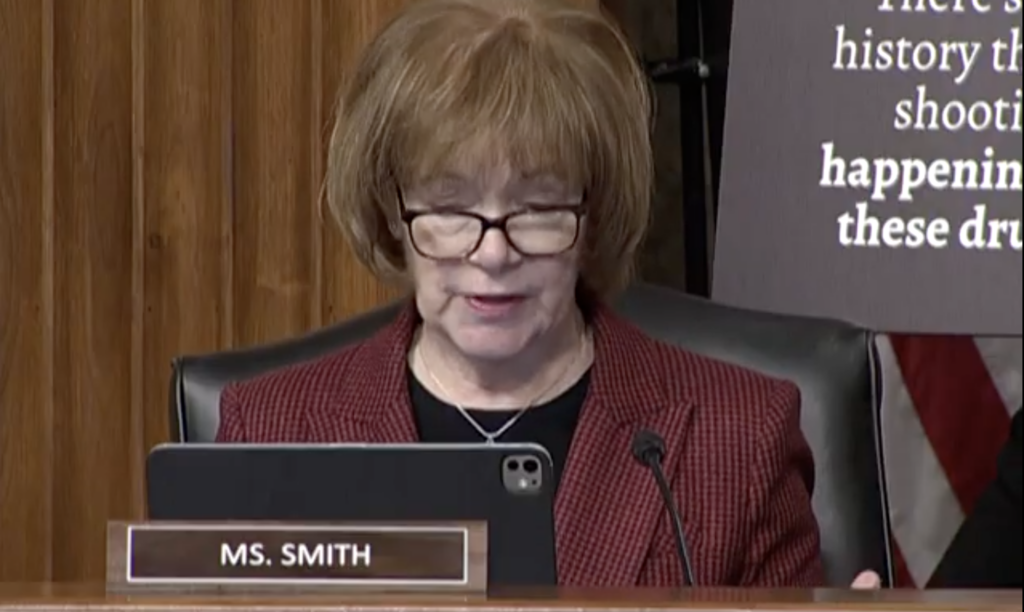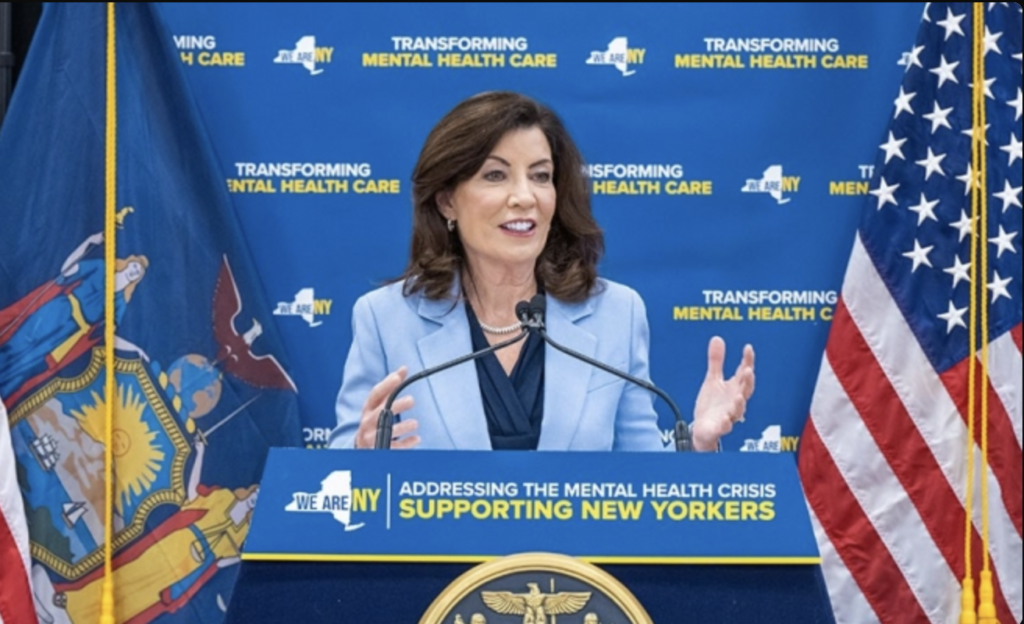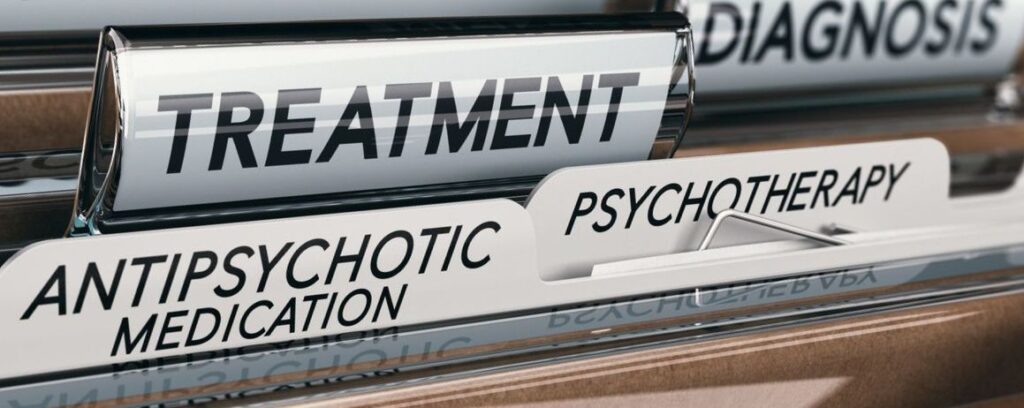Annual Awards Dinner
“Breaking the Narrative”
The Plaza
Vero Beach, Florida

Flying & Staying in Vero Beach, Florida
Saturday, February 8, 2025
Airports
Vero Beach Airport
https://www.verobeachairport.com/
A small airport that services private planes and Breeze Airlines.
Breeze Airlines
https://www.flybreeze.com/home
Melbourne Airport: Approximately 40-minute drive
West Palm Beach Airport: Approximately 1 hour 15 minutes
Orlando Airport: Approximately: 1 hour 15 minutes
Hotels
On the Island
Resort area of Vero Beach walking distance to restaurants & shops, Uber to Event
Costa d Este
https://www.costadeste.com/
Kempton Hotel
https://www.verobeachhotelandspa.com/
Ocean Breeze Inns
https://reservations.oceanbreezeinns.com/vero/
The Caribbean Court – South Beach walk to some restaurants
https://thecaribbeancourt.com
On the Mainland
Near the venue, box stores, and bustling Miracle Mile & downtown Historical Area
Hampton Inn & Suites Vero Beach Downtown
611 20th Place, Vero Beach, Florida, 32960, USA
Hilton
https://www.hilton.com/en/hotels/flvrbhx-hampton-vero-beach
Vero Beach Chamber of Commerce Travel to Vero Links
https://business.indianriverchamber.com/list/ql/lodging-travel-15
Be the Voice for the Voiceless
Every dollar you give is a powerful statement, a resounding declaration that the struggles of these families will no longer be ignored. Your generosity today will echo through generations, ensuring that the rights and well-being of children are fiercely guarded. Don’t let another family navigate this journey alone. Donate now and join us in creating a world where every child’s mind is nurtured, respected, and given the opportunity to thrive. As a 501(c)3 organization, your donation to AbleChild is not only an investment in the well-being of vulnerable children but also a tax-deductible contribution to a cause that transcends individual lives.











